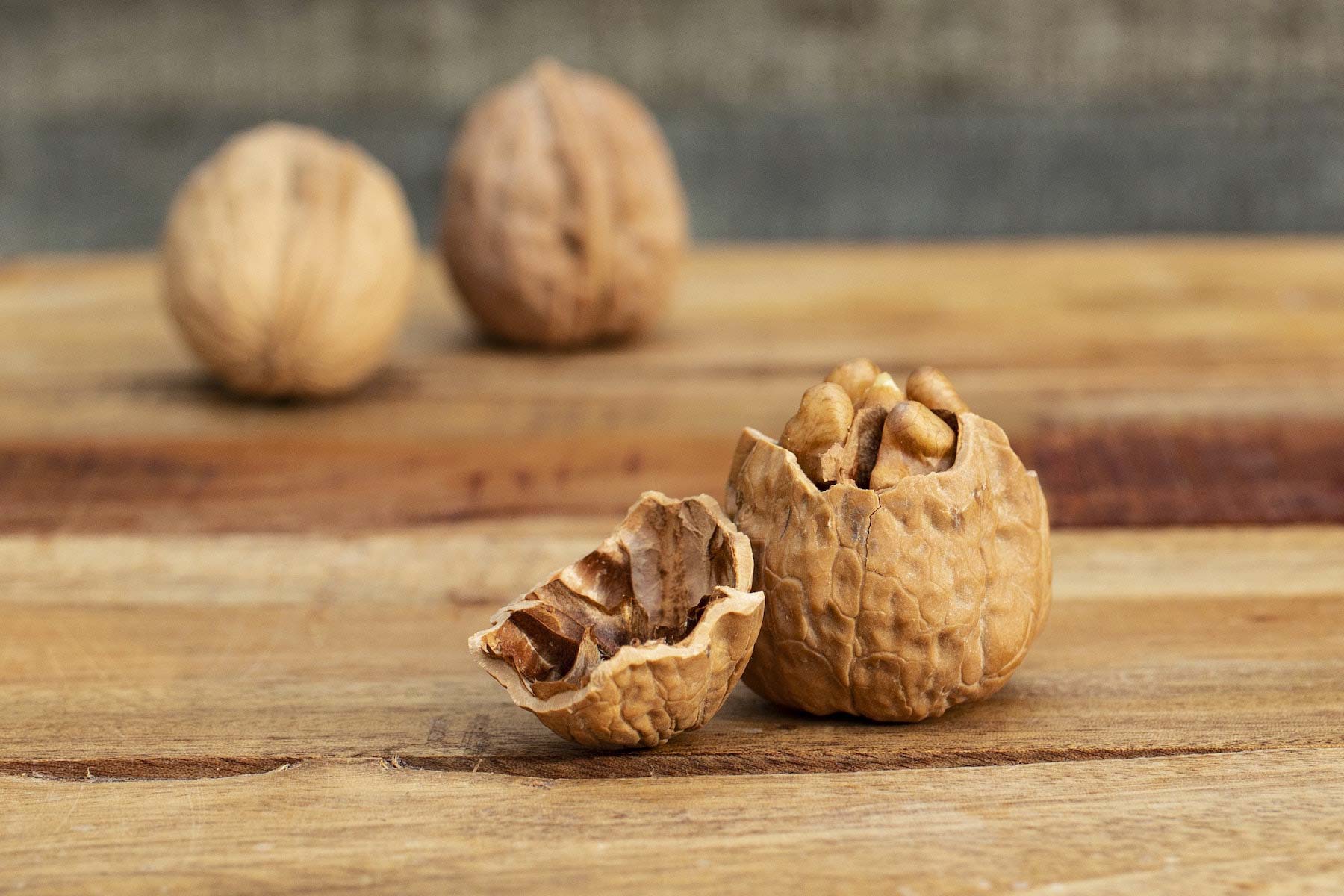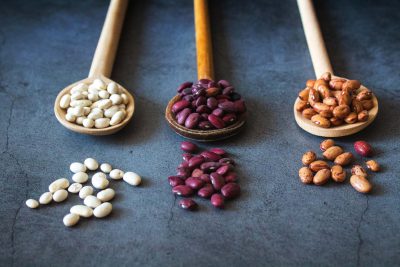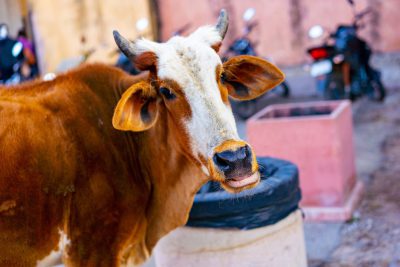We’ve all heard about omega-3 but we may not exactly know what it does, why we need it, or where to find it. This is everything you need to know about the essential fat known as omega-3.
What Are Omega-3S?
Omega-3s are called ‘essential fats’ as our body cannot make them, and that means it is essential we get them from our diet. The three main ones are ALA (alpha-linolenic acid), EPA (eicosapentaenoic acid) and DHA (docosahexaenoic acid), and there are plant sources for all, though ALA is by far the most common. However, there is a twist in the tale: one of the omega-6 fats actually competes with ALA in the body for absorption so it’s good to know how to combat that. Thankfully, there are several options!
Omega-3 Benefits
Our bodies require omega-3 for the formation of cell walls and the proper functioning of cell receptors. It helps with blood clotting, the contraction and relaxation of artery walls, and in reducing inflammation. Because of its role, it may also play a part in preventing heart disease and stroke, and could help control lupus, eczema, and rheumatoid arthritis, too.
Do Vegans Lack Omega-3?
Since EPA and DHA are found in fish and seaweed, those who don’t eat fish naturally tend to get less of these. However, ALA converts to EPA and DHA, and there is plenty of ALA in plants so it’s perfectly possible to get all we need.
The Physicians Committee for Responsible Medicine (PCRM) says: “Most people following plant-based diets have no problem getting enough omega-3s in their diets. One study found that people who follow vegan diets, on average, have intakes above the recommended amounts for omega-3 fats.”
PCRM states that although vegans are likely to have lower levels of EPA and DHA levels this does not have any known impact on health.
Do Vegans Need Omega-3 Supplements?
PCRM states that if you eat a low-fat, plant-based diet, you will naturally have the right amount of omega-6 to also optimize your omega-3 intake. Another option is to significantly boost your ALA intake to be sure that there is enough to convert into DPA and EPA. A third option is to take a supplement derived from algae. This is where fish get their omega-3 so we’re simply cutting out the middleman.
Is Vegan Omega-3 As Good As Fish Oil?
Fish oil does contain omega-3 but it also contains pollutants such as mercury and PCBs. These “bioaccumulate” in the bodies of fish, which means their concentration rises as bigger fish eat the smaller ones, and take on the pollutants in their bodies, too. Health risks, including reproductive, developmental, behavioral, neurologic, endocrine, and immunologic have all been linked to eating fish with high concentrations of these toxins. For this reason, many doctors say that long-chain omega-3 supplements made from algae are the much safer option.
Are Omega-3s Found In Plant Foods?
Yes! There are plenty of good sources of omega-3 in the plant world.

What Vegan Foods Are High In Omega-3
We need to look to natural foods to get our daily omega-3, and these are a few of our favorite sources of this essential fatty acid.
Seaweed And Algae
The reason people often choose to eat fish is because of the omega-3 but fish don’t make it, they get it from the algae they eat. And we can do the same! By eating algae and seaweed (which is just larger algae or “macroalgae”) we can get EPA and DHA directly from the source.
Flaxseeds
Also known as linseed, flax provides more ALA per gram than any other food on the planet. The seeds are mild in flavor and can be added to breakfast cereals, baked goods, and smoothies.
Chia Seeds
These little “superfood” seeds are easy to incorporate into the diet as they can be sprinkled on breakfast cereal, added to stir fries or turned into a delicious creamy chia pudding.
Hemp Seeds
More little pockets of goodness, hemp seeds provide a good dose of ALA or you can choose hemp milk or oil instead.
Walnuts
Walnuts are an unsung hero – they are delicious, packed with nutrients and go with everything. Try them in salads, on breakfast cereals, crumbled into yogurt, in stir fries, or just as a snack.

Edamame
These little soybeans are packed with health-supporting nutrients and that includes omega-3. Eat them from the pod, or add them stir fries, soups and salads.
Kidney Beans
For every cup of these kidney beans you add to your chili non carne or tasty kale and bean soup you get one-fifth of your daily ALA.
Soybean Oil
Since edamame is a good source, it’s no surprise that soybean oil is also a great place to get your ALA.
It has a mild taste and can be used in cooking as well as in salad dressings.
Canola Oil
There is a significant amount of ALA in canola oil, which makes it a good option for cooking. However, there are concerns that much of the oil is chemically extracted, so choose cold pressed if you can.
What About Omega-3 Supplements?
To make sure we get enough omega-3 to outcompete the omega-6 we eat, some experts recommend that vegans double the recommended daily dose of ALA. That will give us enough to convert into EPA and DHA. Alternatively, we can take a supplement.
Vegan Omega-3 Supplements
If a supplement is easiest, choose one made from marine algae that is rich in DHA and EPA. They’re readily available and have a mild taste. There’s nothing fishy about these!
Do Vegan Omega-3 Supplements Work?
Supplements increase the amount of omega-3 available to our bodies which helps them function optimally. But some of the bigger claims made for omega-3 supplementation (usually with fish oil) have come under scrutiny recently. Once upon a time, fish oil was said to help ward off heart disease, cancer, diabetes and many other illnesses, but now we know not to believe the hype. There is, however, plenty of evidence that a whole food plant-based diet can help prevent, and in some cases, reverse these and other serious conditions.
Conclusion
Where once we were advised to eat omega-3 and omega-6 in a specific ratio that virtually no one on Earth was able to calculate, now we are told to keep things simple: increase our intake of omega-3 and don’t worry too much about omega-6, or take a supplement. Either option is good.



